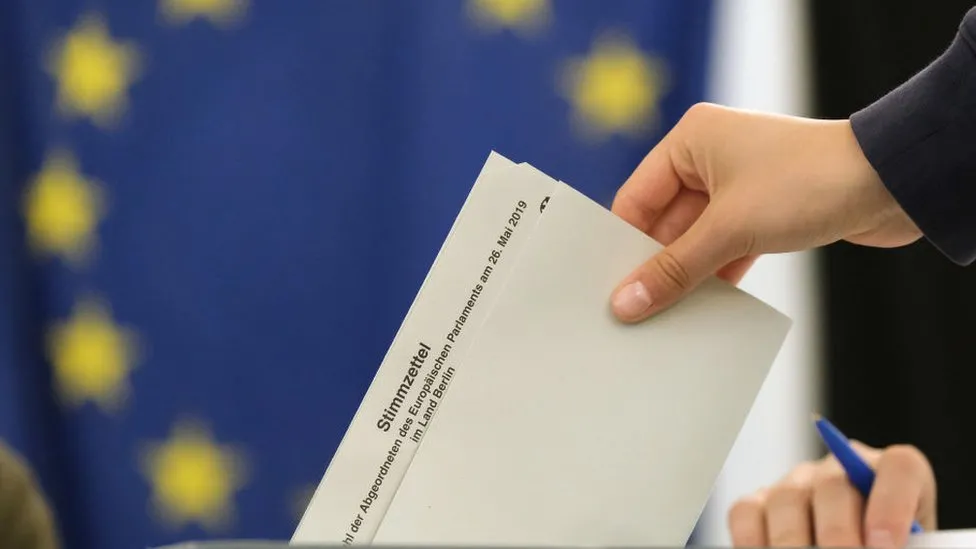The Significance of European Elections: A Closer Look
Why European elections matter and how they work
European elections play a crucial role in shaping the future of the European Union and the direction of its policies. These elections…

Why European elections matter and how they work
European elections play a crucial role in shaping the future of the European Union and the direction of its policies. These elections determine the composition of the European Parliament, which is the directly elected legislative body of the EU. Members of the European Parliament (MEPs) are responsible for representing the interests of EU citizens, making laws, and overseeing the work of the European Commission.
How European elections work
European elections are held every five years, and they allow citizens of EU member states to vote for their preferred candidates to represent them in the European Parliament. The number of MEPs allocated to each country is based on its population size, with a total of 705 seats in the current parliament.
Candidates can run for election as part of a political party or as independent candidates. The elections are held using a system of proportional representation, which ensures that the number of seats a party wins reflects the share of the vote they receive.
Why European elections matter
European elections are important because they give citizens the opportunity to have a say in the decision-making process of the EU. The outcomes of these elections can have a significant impact on EU policies, such as those related to trade, migration, climate change, and security.
Furthermore, the European Parliament plays a crucial role in holding the European Commission accountable for its actions and ensuring that EU laws and policies are in line with the interests of EU citizens. As such, the results of European elections help to shape the direction of the EU and its policies for the next five years.






